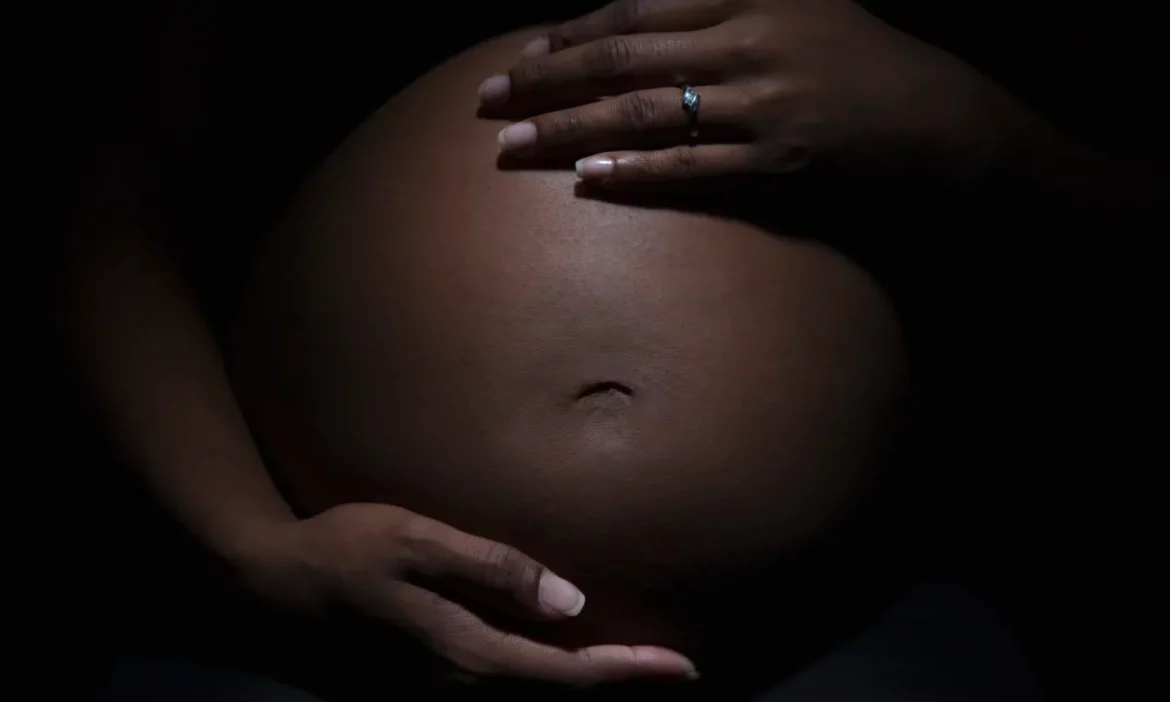A new study has shown that heatwaves increase rates of preterm births, which can lead to poorer health outcomes for babies and impact their long-term health.
According to the study, black and Hispanic mothers, as well as those in lower socioeconomic groups, are particularly at risk of delivering early following heat waves. It also found that extreme heat events are happening more frequently, lasting longer, and increasing in intensity due to the climate crisis. Last year saw record-breaking temperatures, with July 2023 bringing about the hottest day ever recorded for four days in a row globally.
Additionally, pregnant people are among the most vulnerable to heat stress and are more likely to experience heat stroke and heat exhaustion, according to the CDC. This can adversely affect their unborn babies.
“The [findings] suggest there are populations that are unable to avoid the heat and are experiencing much bigger effects,” said Lyndsey Darrow, author of the study and professor of epidemiology at the University of Nevada.
Read also: Ed Miliband says Just Stop Oil ‘alienates people’ from its cause
Among other things, the researchers looked at 53m births that took place between 1993 and 2017 in 50 metropolitan areas of the United States. Following four consecutive high heat days, scientists found there is a 2% higher chance of premature births and 1% increase for early-term births.
“The response is higher in subgroups that you might expect to have less access to air conditioning, and less ability to avoid the heat,” said Darrow.
Preterm birth is the leading cause of death among infants, and is associated with a variety of respiratory and neurodevelopmental outcomes over the child’s lifespan. Heat can trigger premature contractions through the release of labor-inducing hormones, reduced blood flow and dehydration, which can induce early labor.
Growing research shows that targeted advice on managing heat stress is crucial for expecting patients. A 2022 study found that current guidance on heat exposure among pregnant people remains sparse and inconsistent.
“In pregnancy, we err on the side of caution,” said Nathaniel DeNicola, an OB-GYN specialist who authored a 2020 report on air pollution and preterm births,”. “There should be extra counseling in clinics and general materials about ways to protect from dehydration and heat stress during times of extreme heat, which is getting more and more common.”
Story was adapted from the Guardian.
